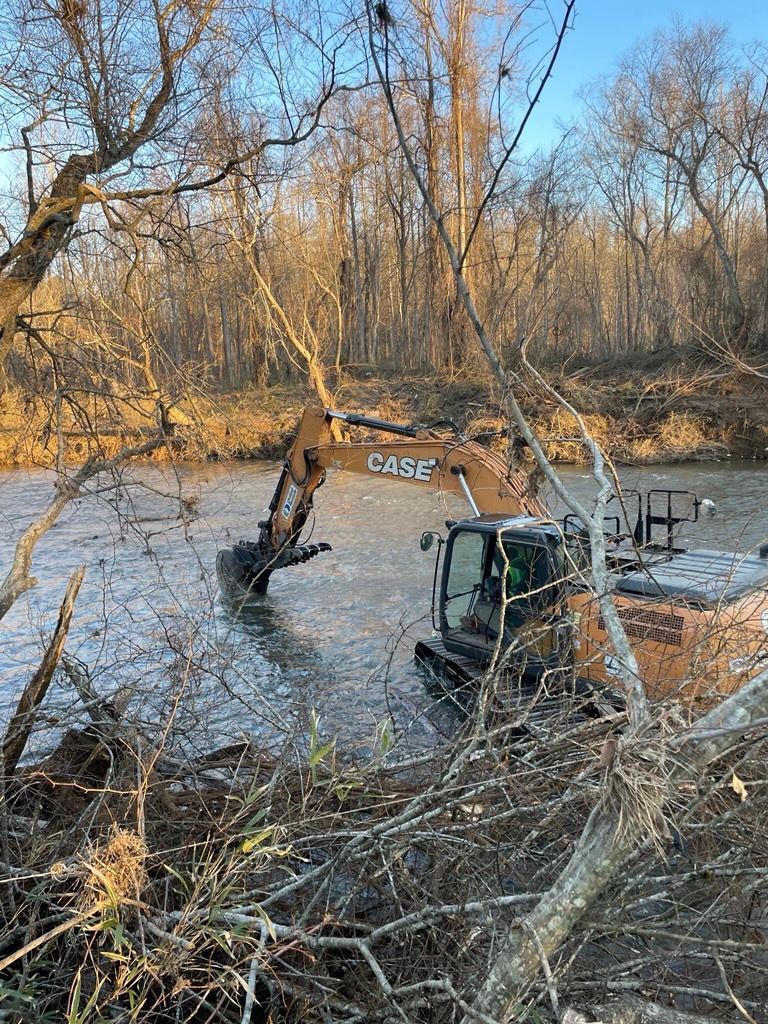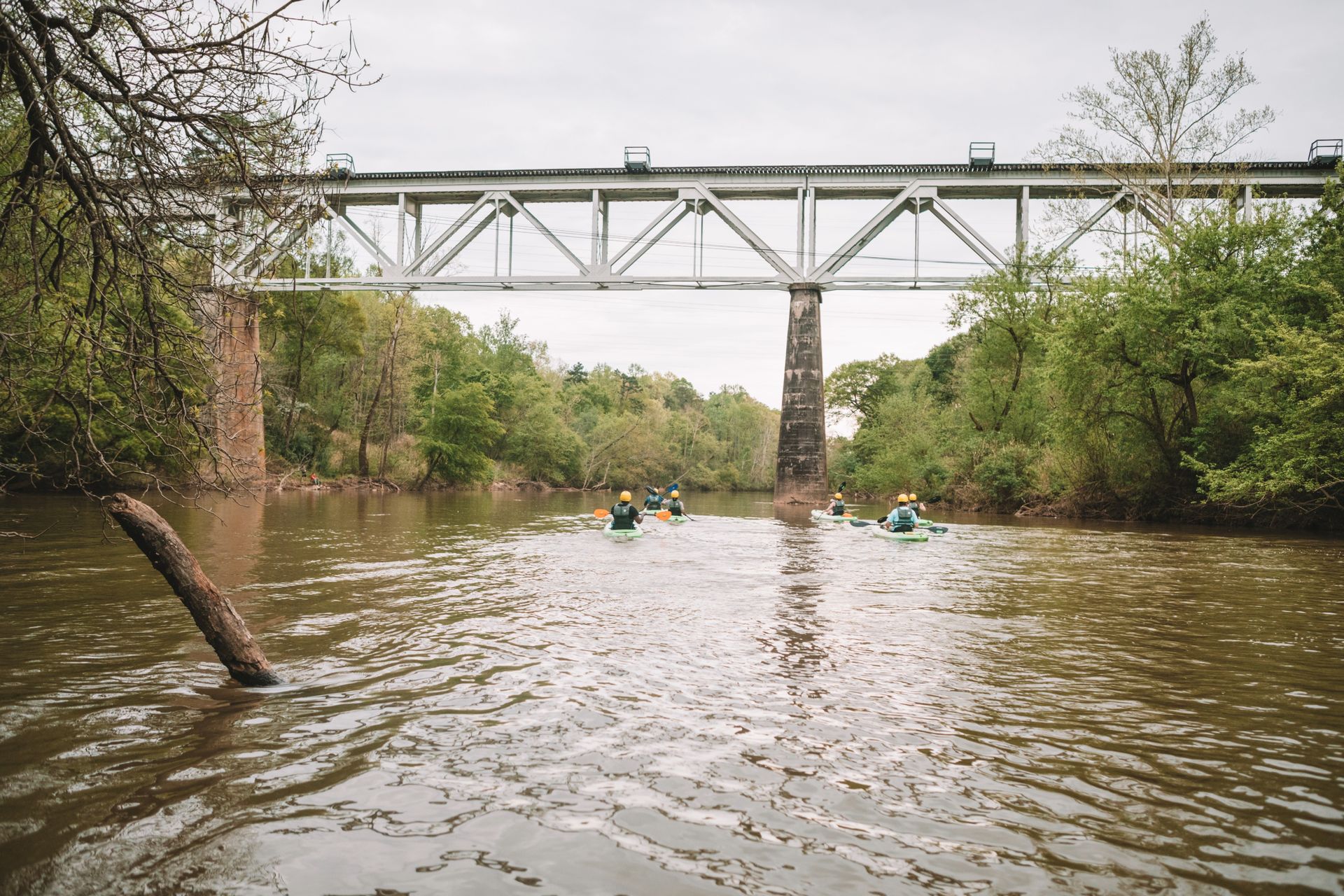Carolina Eco Innovators Scholarship
Carolina Eco Innovators Scholarship 2023 is Open!
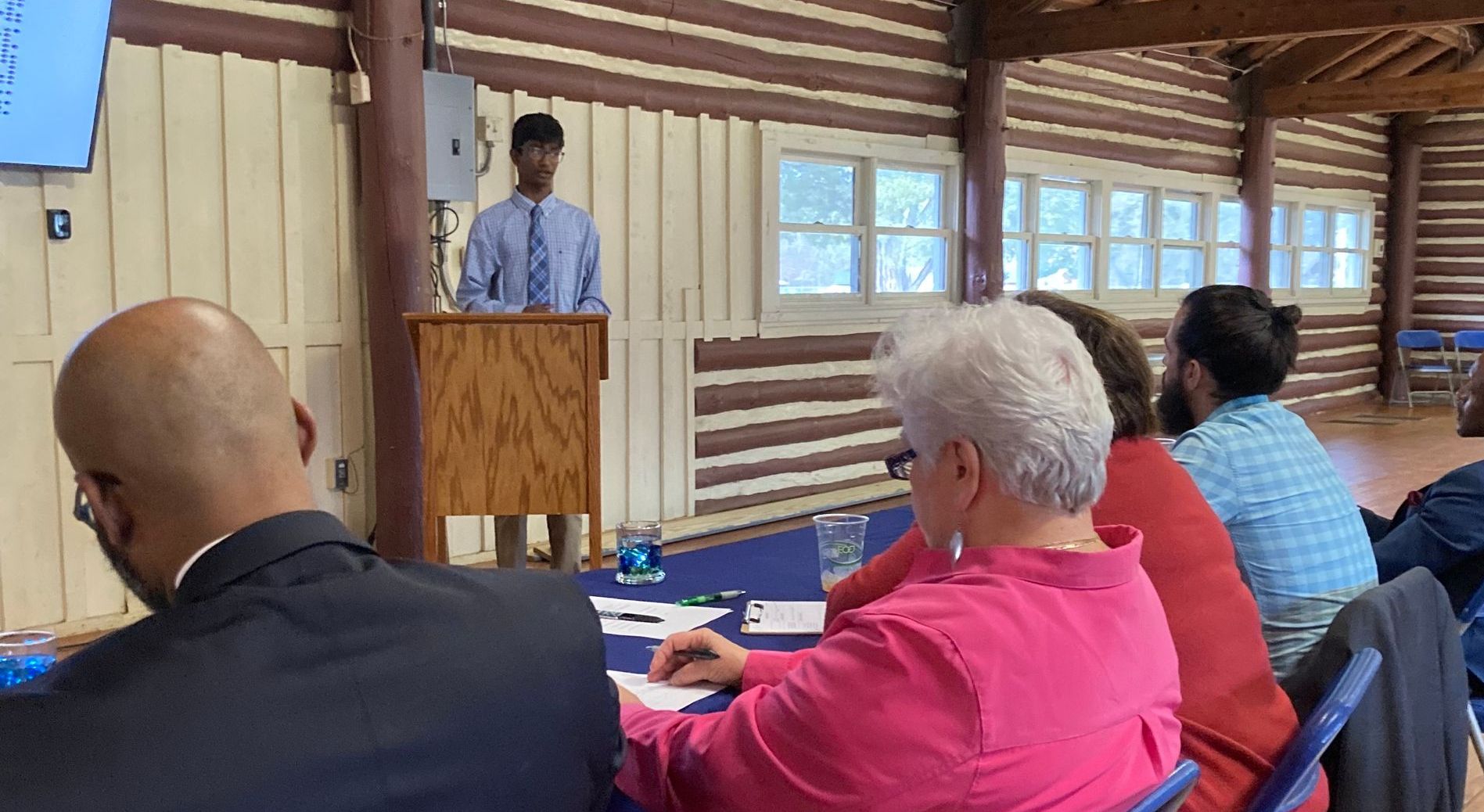
Competition Overview
It's that time again, the Carolina Eco-Innovators Scholarship application is open!
Competition Overview:
The “Shark Tank” style scholarship competition for local high school students who have an innovative idea to tackle an environmental problem facing our region is back! Applicants are invited to submit their solution to an environmental problem our local communities face. Submissions will include a written and a video component. The finalists will work with a mentor from their corresponding nonprofit to prepare a final presentation of their plan. Final presentations will be held on stage in front of an audience and a panel of judges, who will determine the winners of the scholarships. The final event will be hosted in March 2023.
Timeline:
Submissions accepted: December 1st, 2022 – January 31st, 2023
Submissions evaluated: February 1st, 2023 – February 14th, 2023
Finalists notified by: February 15th, 2023
Final Presentation: March 21st, 2023
Grand Prize - $4,000 Scholarship
First Runner-up - $2,000 Scholarship
Second Runner-up - $1,000 Scholarship
Audience Vote Winner - $500 Scholarship
Eligibility:
Local high school students that are residents from the following counties are eligible to compete.
North Carolina: Alexander, Catawba, Lincoln, Cleveland, Gaston, Iredell, Rowan, Cabarrus, Mecklenburg, Union, Stanly
South Carolina: York, Lancaster, Chester
Submission form here
Full rules here

